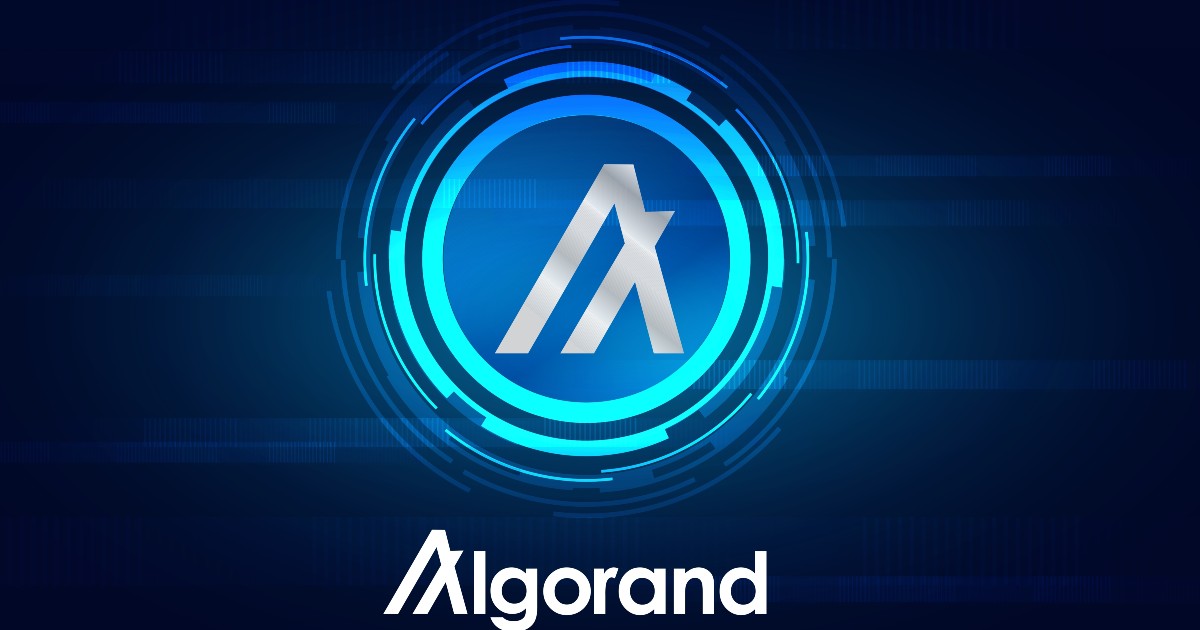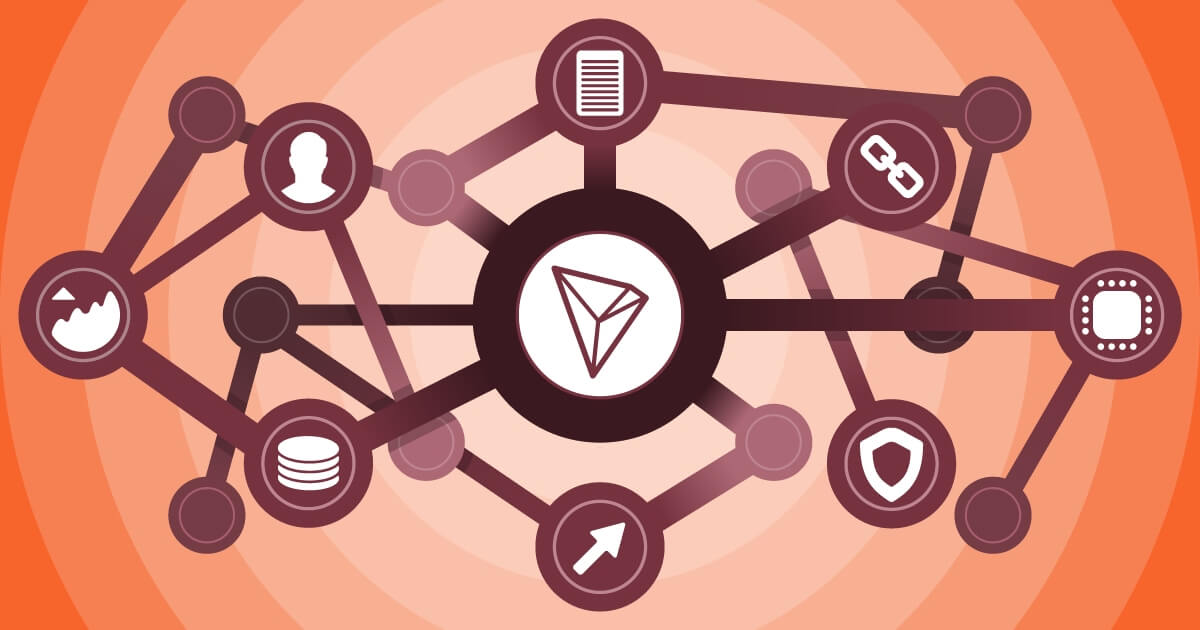Supply chains are crucial to the global economy because they ensure the efficient movement of commodities from manufacturers to consumers. Traditional supply chains, on the other hand, are frequently plagued by inefficiencies, a lack of transparency, and vulnerabilities.
Blockchain technology has the potential to address these issues and improve supply chain resiliency. In this post, we will look at how blockchain technology has the potential to revolutionize supply chains by increasing transparency, boosting traceability, and enabling more robust and sustainable supply chain networks.
Traditional Supply Chain Difficulties
Traditional supply chains are intricate networks comprising numerous parties such as manufacturers, suppliers, distributors, and retailers. Despite technological and logistical developments, traditional supply networks confront various challenges:
Lack of Transparency
Traditional supply chains lack transparency, making it impossible for participants to trace and verify the movement of items. This obscurity can generate delays, disagreements, and difficulties in determining the fundamental causes of problems.
Traditional supply chains frequently rely on human processes and documentation, resulting in delays, inaccuracies, and increased expenses. These inefficiencies can have an influence on supply chain networks' overall responsiveness and competitiveness.
Counterfeit and fraud offer substantial dangers to supply chains, resulting in financial losses, brand reputation damage, and potential customer injury. Traditional supply networks struggle to recognize and mitigate these risks effectively.
Blockchain Technology's Potential
Blockchain technology, with its intrinsic properties of transparency, immutability, and decentralized consensus, provides solutions to traditional supply chain difficulties. Supply chain participants can use blockchain to:
Improve Transparency and Traceability
Blockchain allows for the construction of a shared, unchangeable ledger that records and validates every transaction and movement of items. This transparency gives participants real-time visibility into the whole supply chain, allowing them to track and trace products from the point of origin to the point of sale.
Blockchain reduces the need for intermediaries and manual processes, automating and optimizing supply chain activities. Smart contracts, which are self-executing agreements on the blockchain, can automate operations like payment settlement, quality control, and compliance verification, decreasing administrative costs and increasing efficiency.
Ensure Product Authenticity
Blockchain permits the development of non-fungible tokens (NFTs), which can be associated with tangible objects. These NFTs act as digital authentication certificates, making it easier to check the provenance and authenticity of products along the supply chain.
Encourage Trust and Collaboration
Due to its decentralized and consensus-driven character, blockchain fosters trust among supply chain actors. Participants can collaborate to authenticate information, eliminate conflicts, and develop better relationships based on transparency and trust by sharing a single ledger.
Supply Chain Resilience Use Cases
Blockchain technology is already being used in a variety of supply chain use cases, demonstrating its potential to improve resilience:
Track & Trace
Blockchain allows for end-to-end product traceability, allowing participants and consumers to confirm the authenticity and integrity of items. This is especially useful in businesses like pharmaceuticals, where counterfeit products pose serious risks.
Supply Chain Finance
Blockchain-based solutions that securely record and verify transactions between suppliers, manufacturers, and financial institutions can help with supply chain financing. This decreases the risk of fraud and enhances suppliers' access to credit.
Food Safety and Quality Assurance
By tracing the origin of food goods, monitoring temperature conditions during transportation, and recording quality control processes, blockchain can assist improve food safety. This allows for the earlier detection and mitigation of any foodborne illnesses or quality issues.
Sustainability and Ethical Sourcing
Blockchain has the potential to improve sustainability efforts by giving transparent information about environmental impact and ethical sourcing methods throughout the supply chain. This allows consumers to make more informed purchasing decisions and promotes ethical company operations.
Considerations and Obstacles
While blockchain technology has enormous potential in supply chains, various issues and considerations must be addressed:
Scalability: Because blockchain networks must manage a huge amount of transactions and data, they might be difficult to scale. Blockchain technology improvements, such as layer 2 solutions and interoperability standards, are solving scaling challenges.
Interoperability and Standards
The implementation of industry-wide standards and interoperability between multiple blockchain platforms are critical for the mainstream adoption of blockchain technology in supply chains. In this context, collaboration among industry players and standard-setting agencies is critical.
Data Privacy and Security
It is vital to protect sensitive supply chain data while also maintaining privacy. To protect confidential information while maintaining openness, blockchain systems should include strong encryption and access controls.
Compliance with relevant legal standards, such as data protection and privacy legislation, is required for blockchain installations. Collaboration is essential between blockchain solution providers and regulatory agencies to ensure compliance and handle any legal concerns.
The scalability problem: the biggest hurdle to overcome?
Blockchain's scalability problem arises from its inherent design, where every transaction is stored and validated by all network participants. As the number of transactions increases, the blockchain network's capacity becomes limited, leading to slower transaction processing times and higher costs. This poses a challenge for supply chains that require a high volume of transactions to be processed quickly and efficiently.
Sharding
Sharding is a technique that aims to address blockchain's scalability issue by dividing the network into smaller, more manageable parts called shards. Each shard operates as a separate blockchain with its validators, enabling parallel processing of transactions.
The fact is that sharding allows multiple transactions to be processed simultaneously across different shards. This parallel processing significantly improves transaction throughput and reduces congestion on the main blockchain network. As a result, supply chains can handle a higher volume of transactions, facilitating real-time data updates and seamless coordination among stakeholders.
Moreover, by distributing the computational workload across shards, sharding reduces the resources required to validate transactions. This efficiency translates into lower transaction fees, making blockchain-based supply chain solutions more cost-effective for businesses. Reduced costs enable wider adoption and encourage smaller organizations to participate, leading to a more inclusive and interconnected supply chain ecosystem.
Lastly, sharding provides a scalable framework for blockchain networks, as each shard can handle a subset of the total transaction load. As the number of shards increases, the network's capacity grows exponentially. This added scalability ensures that blockchain technology can support the expanding demands of supply chains without compromising performance or transaction speed.
Additional strategies for scalability
While sharding shows great promise, other strategies can complement or extend its benefits for supply chain scalability:
- Layer 2 solutions: Layer 2 solutions, such as payment channels or sidechains, offer off-chain transaction processing. By conducting a bulk of transactions off the main blockchain and only periodically settling them on-chain, these solutions alleviate the burden on the main network, improving scalability and reducing transaction costs.
- Consensus mechanism optimization: Blockchain's consensus mechanisms, such as Proof-of-Work (PoW) or Proof-of-Stake (PoS), can be optimized to enhance scalability. For example, transitioning from PoW to PoS or adopting hybrid consensus mechanisms can improve transaction throughput and reduce energy consumption, enabling blockchain networks to handle a higher volume of transactions.
- Interoperability and standards: Standardization and interoperability among different blockchain networks can enhance scalability by allowing seamless communication and transaction exchange between disparate systems. This enables supply chain participants to leverage the strengths of multiple blockchain networks while maintaining data integrity and transparency.
Conclusion
Blockchain technology has enormous potential for improving supply chain resilience by increasing transparency, traceability, and efficiency. Supply chain actors can solve traditional supply chain difficulties such as lack of transparency, inefficiencies, and counterfeit concerns by embracing blockchain. Collaborations among industry stakeholders, regulators, and technology providers will be critical in enabling wider use of blockchain in supply chains as blockchain solutions grow and acquire acceptance.
The use of blockchain technology in supply chains has the ability to alter companies, encourage sustainable practices, and ensure that customers receive safe and authentic products. Supply chain networks that embrace blockchain can construct more resilient and trustworthy systems, enabling a more secure and efficient global economy.
This article was written by FM Contributors at www.financemagnates.com.
You can get bonuses upto $100 FREE BONUS when you:
💰 Install these recommended apps:
💲 SocialGood - 100% Crypto Back on Everyday Shopping
💲 xPortal - The DeFi For The Next Billion
💲 CryptoTab Browser - Lightweight, fast, and ready to mine!
💰 Register on these recommended exchanges:
🟡 Binance🟡 Bitfinex🟡 Bitmart🟡 Bittrex🟡 Bitget
🟡 CoinEx🟡 Crypto.com🟡 Gate.io🟡 Huobi🟡 Kucoin.













Comments